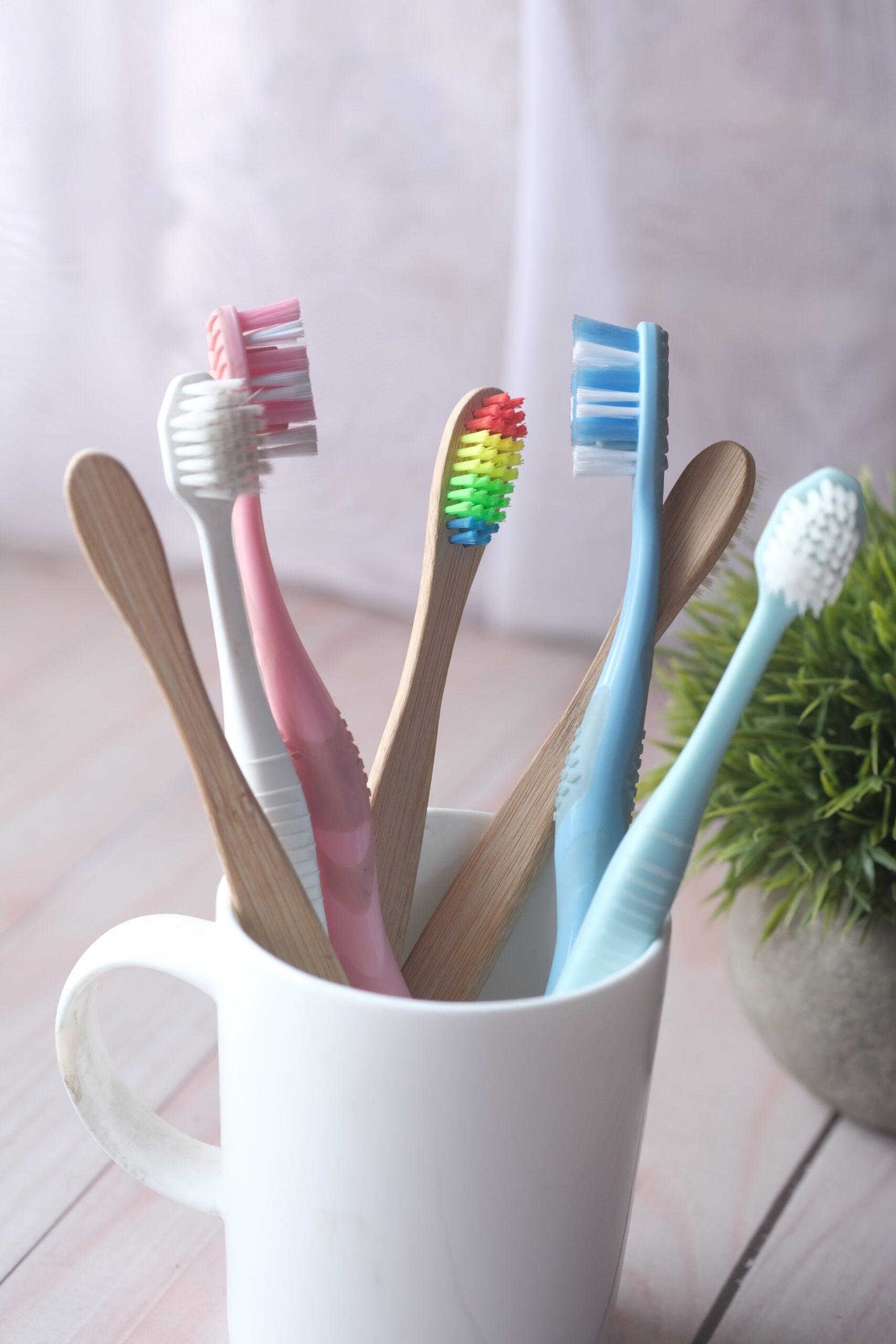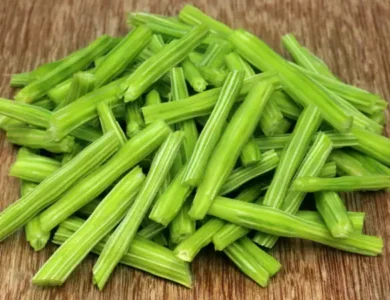Choosing the Right Toothbrush Bristle: Pros and Cons

Choosing the right toothbrush bristle is essential for maintaining good oral hygiene and preventing damage to your teeth and gums. With so many options available, it can be challenging to determine which type is best for you. In this article, we will break down the pros and cons of each bristle type to help you make an informed decision.
Soft Bristles
Pros:
- Gentle on teeth and gums: Soft bristles are ideal for people with sensitive teeth, gum recession, or gingivitis.
- Effective plaque removal: Studies show that soft bristles are just as effective as medium or hard bristles in removing plaque.
- Less risk of damage: Soft bristles minimize the risk of abrading tooth enamel and causing gum irritation.
Cons:
- May feel less effective: Some people may feel that soft bristles don’t clean as thoroughly as medium or hard bristles.
- May not reach tight spaces: Soft bristles may not be as effective for cleaning between teeth or around gum lines.
Medium Bristles
Pros:
- Good balance of comfort and cleaning: Medium bristles can effectively remove plaque without being too harsh on teeth and gums.
- More reach: They can be more effective for cleaning tight spaces and gum lines.
Cons:
- May irritate sensitive teeth and gums: Medium bristles are not suitable for everyone, especially those with sensitive teeth and gums.
- May contribute to enamel erosion: Overbrushing with medium bristles can wear down tooth enamel over time.
Hard Bristles
Pros:
- Strongest cleaning power: Hard bristles may feel like they clean the most thoroughly, but this is often not true.
Cons:
- Not recommended for most people: Hard bristles can be too harsh on teeth and gums, causing abrasions, irritation, and gum recession.
- Risk of damage: They can wear down tooth enamel and contribute to sensitivity.
Recommendation:
Most dentists recommend soft bristles for the majority of people. This is especially true if you have sensitive teeth, gum issues, or are prone to overbrushing. Medium bristles can be suitable for individuals with healthy teeth and gums who require more reach for cleaning tight spaces. However, it is important to brush gently and avoid applying too much pressure. Hard bristles are generally not recommended and should be avoided if you have any concerns about tooth or gum sensitivity.
Ultimately, the best way to choose a toothbrush is to consult with your dentist. They can assess your individual needs and recommend the right type of brush and bristle for you.
Additional Factors to Consider
Here are some additional factors to consider when choosing a toothbrush:
- Brush size and head shape: Choose a brush that fits comfortably in your mouth and allows you to reach all areas easily.
- Bristle texture: Some brushes have flat bristles, while others have rounded or tapered bristles. Choose one that feels comfortable and effective for you.
- Handle design: Choose a handle that is easy to grip and maneuver.
By considering these factors and understanding the pros and cons of each bristle type, you can make an informed decision and choose a toothbrush that is best suited for your oral health needs.








